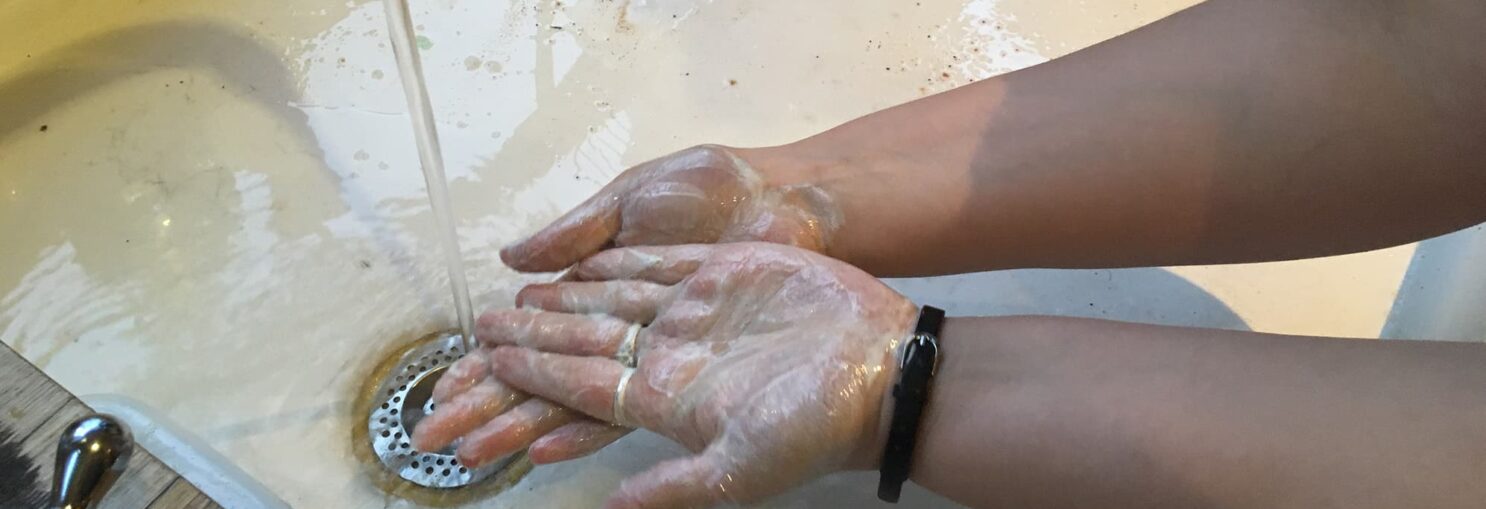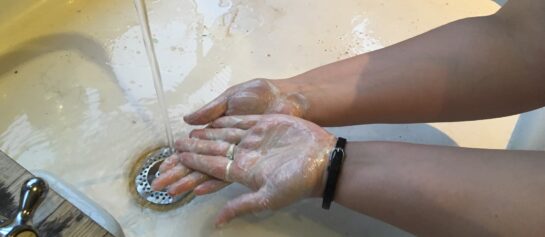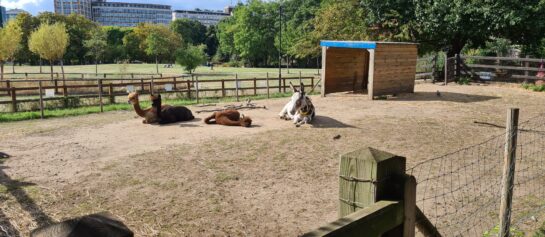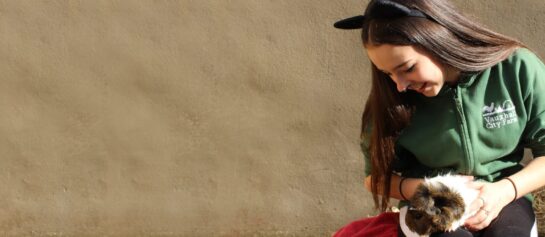

Stay Safe on your Visit
Although the staff and volunteers strive to keep the farm as safe as possible for visitors, there are a few things that you can do to help. Following the simple rules below to keep you and your children safe from E coli and other infections that may be found on The Farm.
- Do not put your hands in your mouth whilst on the farm.
- Do not eat or drink in undesignated areas.
- Do not smoke on the farm.
- Make sure you wash your hands thoroughly with soap and water (min. 20 seconds) after you have been around the farm and before you leave. It’s not just the animals that can carry harmful bugs – fences, enclosures, and floors can carry them, too.
- Anti-bacterial hand gel does not kill all dangerous bacteria. Please wash your hands with soap and water instead of using hand gel.
- If you are pregnant or think you might be pregnant, please do not touch the animals, especially goats and sheep during the lambing and kidding season (Spring).
- All of our animals are nice and friendly, however, they are still animals and can be unpredictable. Please keep your hands away from their mouths, claws, and horns.
- Do not chase, shout, or tease the animals.
- Please wash your footwear and wheelchair/buggy wheels when you get home.
- Take care of slipping or tripping as some of our paths may be wet and uneven.
- If you feel unwell within two weeks of visiting the farm you must inform your doctor that you have had contact with animals.
- Adults are responsible for supervising children in their care at all times and ensuring they wash their hands properly.
If you have any safety concerns or would like further information, please speak to a member of staff.
What is E coli 0157?
E coli 0157 is a bacterium that lives in the gut of animals, including cattle, sheep, deer and goats. It can also be carried by pets and wild birds. Simply carrying the bacterium will not normally cause an animal any harm or illness, but if contacted by humans, the toxins it produces can cause illness ranging from diarrhoea to kidney failure. In some case the illness can be fatal. Young children and the elderly at the greatest risk.
If you and your family follow the safety rules above the risk of contracting any illness from the farm is low.
Why should pregnant women avoid contact with animals?
Some infections can be passed from sheep and goats to humans. If a pregnant woman becomes infected, it could harm her and her unborn baby’s health.
If you’re pregnant or think you might be pregnant, avoid contact with sheep during the lambing season, which runs from January to May. Make sure your family wash their hands thoroughly before touching you.
You can print our Stay Safe On The Farm leaflet for reference.
Please contact us with any specific questions or information.
Share this
your support makes a difference!
Every donation made will help us to reach more people with our services…



